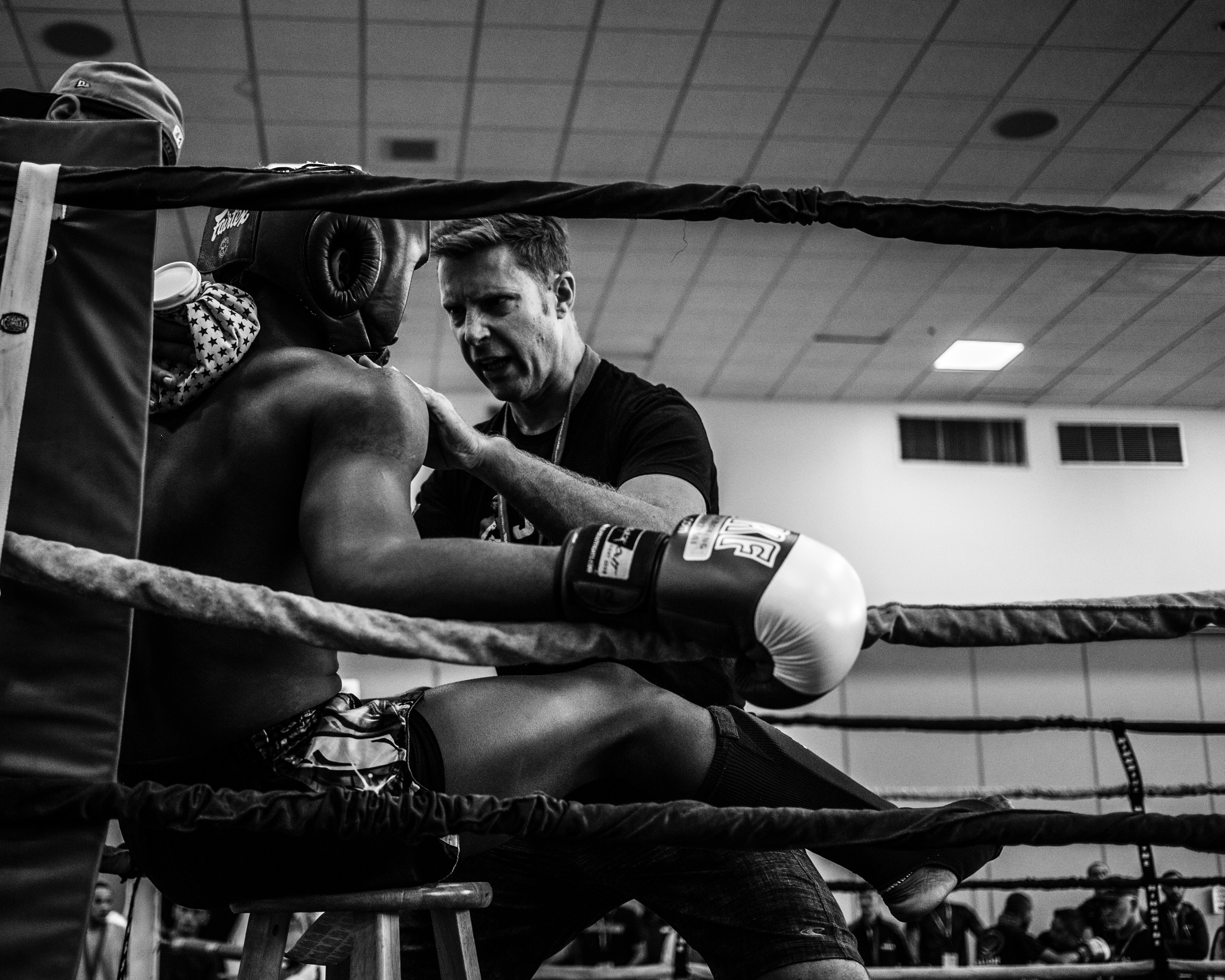Background on Executive Coaching
Executive coaching is a 1.5 billion dollar industry, yet, until recently, any formal study of this discipline has been very limited. While, technically executive coaching has been around since the 1930s, it only picked up speed in the 70s and 80s, when corporations began to move away from looking at everyone, including executives, as cogs in the system and began to focus more deeply on the concept “intellectual capital.” As of right now, the industry is seen as recession proof and is here to stay.
What is Executive Coaching?
In 2004, Stratford Sherman and Alyssa Freas published an article on executive coaching in the Harvard Business Review. Here they characterized the executive coaching terrain as a frontier that was “chaotic, largely unexplored, and fraught with risk, yet immensely promising.” In fact, they went so far as to draw a direct parallel with the Wild West. Fourteen years later, this frontier was been somewhat, if not completely, tamed.
In 2004, executive coaching trying to be seen less and less as a remedial practice yet many of Sherman and Freas’ case studies still presented coaches as leaders with missing leadership or personal components. Empathy, emotional intelligence and the ability to self-regulate were the first priorities. Executive coaching was presented as a triangular relationship comprised of the coach, the coachee and the client, AKA the organization. While this contractual framework is still recognized, one could argue that, as CEOs have become more motivated to seek executive coaching as an additive rather than remedial exercise, the company’s role in the relationship has diminished slightly.
Stanford Survey Says It’s “Lonely at the Top”
According to a 2013 Executive Coaching Survey sponsored by Stanford Graduate School of Business’ Center for Leadership Development and Research, together with the Rock Center for Corporate Governance and The Miles Group, nearly two thirds of CEOs and one half of senior executives do no receive coaching of some sort. Despite this, according to David F. Larcker, who led the survey “what’s interesting is that nearly 100% of CEOs in the survey responded that they actually enjoy the process of receiving coaching and leadership advice.” Stephen Miles, CEO of The Miles Group found this concerning:
“Given how vitally important it is for the CEO to be getting the best possible counsel, independent of their board, in order to maintain the health of the corporation, it’s concerning that so many of them are ‘going it alone.’ Even the best-of-the-best CEOs have their blind spots and can dramatically improve their performance with an outside perspective weighing in.”
The survey also shared that at that time, concrete skills like delegation, conflict management and talent development outweighed softer skills like empathy, persuasion or motivational skills
Executive Coaching, Age and Personal Liability
While it is tempting to imagine that the increase in emphasis on executive coaching is due to a rise in younger leaders, this is not necessarily the case. The average age of CEOs and CFOs has actually increased according to the 2018 Volatility Report of America’s Leading Companies published by Christ Kolder Associates. In an article for Quartz, Oliver Staley claims that this increase in age, is likely due to the Dodd-Frank act of 2010. Among other new regulations,” says Staley, “CEOs and CFOs are now personally liable for any wrongdoing by their subordinates, putting a greater premium on experience and judgement.”
By the same logic, it makes sense that with the Securities and Exchange Commision holding executives responsible for more that could go wrong, executive coaching has become not just tolerated but requested.
Predictions for Executive Coaching
This year, a few members of the Forbes Coaches Council shared their take on the future of executive coaching. A few themes here were digitalization and automation, specialization and “experience coaching,” and an increased focus on regulation and measurable results. Interestingly, “razor sharp focus” on interpersonal skills and emotional intelligence was mentioned as well. This focus, however, is not a harkening back to the days of remedial coaching. Instead, Kathy Bernard sees these skills as integral to the coaching discipline with the evolution of AI:
“Some describe a future where most of the work still done by human beings will require strong interpersonal skills and emotional intelligence. Since organizations will be placing a premium on those skills, it’s very likely that executive coaching will be in high demand and focus even more on those types of skills than today.”
Find an Executive Coach
If you are interested in starting executive coaching, check out this list of the world’s top coaching professionals for 2018! Even if you aren’t an executive yet, Amy Douglas, another Forbes Coach, predicts that coaching will no longer be seen as only for those at the executive level. So, get started early and get coaching for the job you want, not the job you have!

